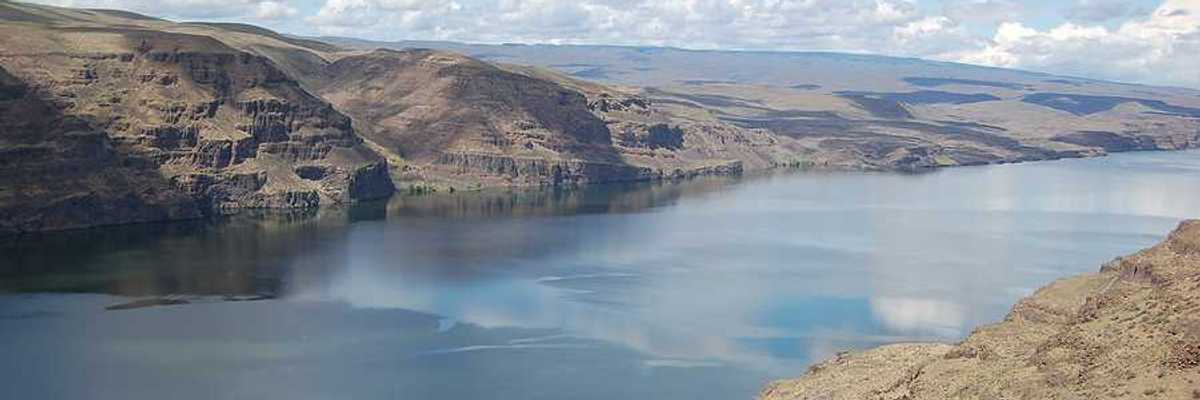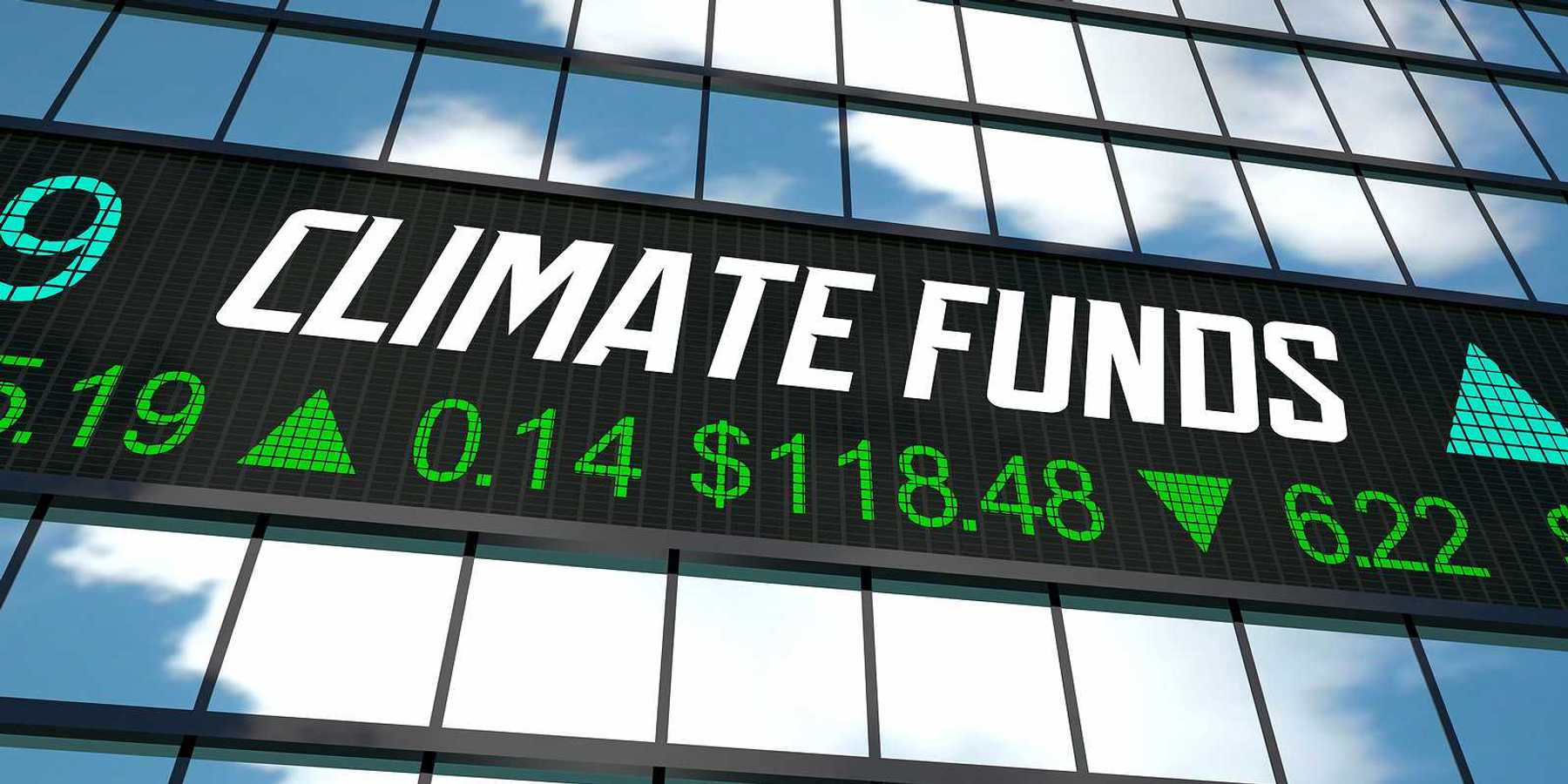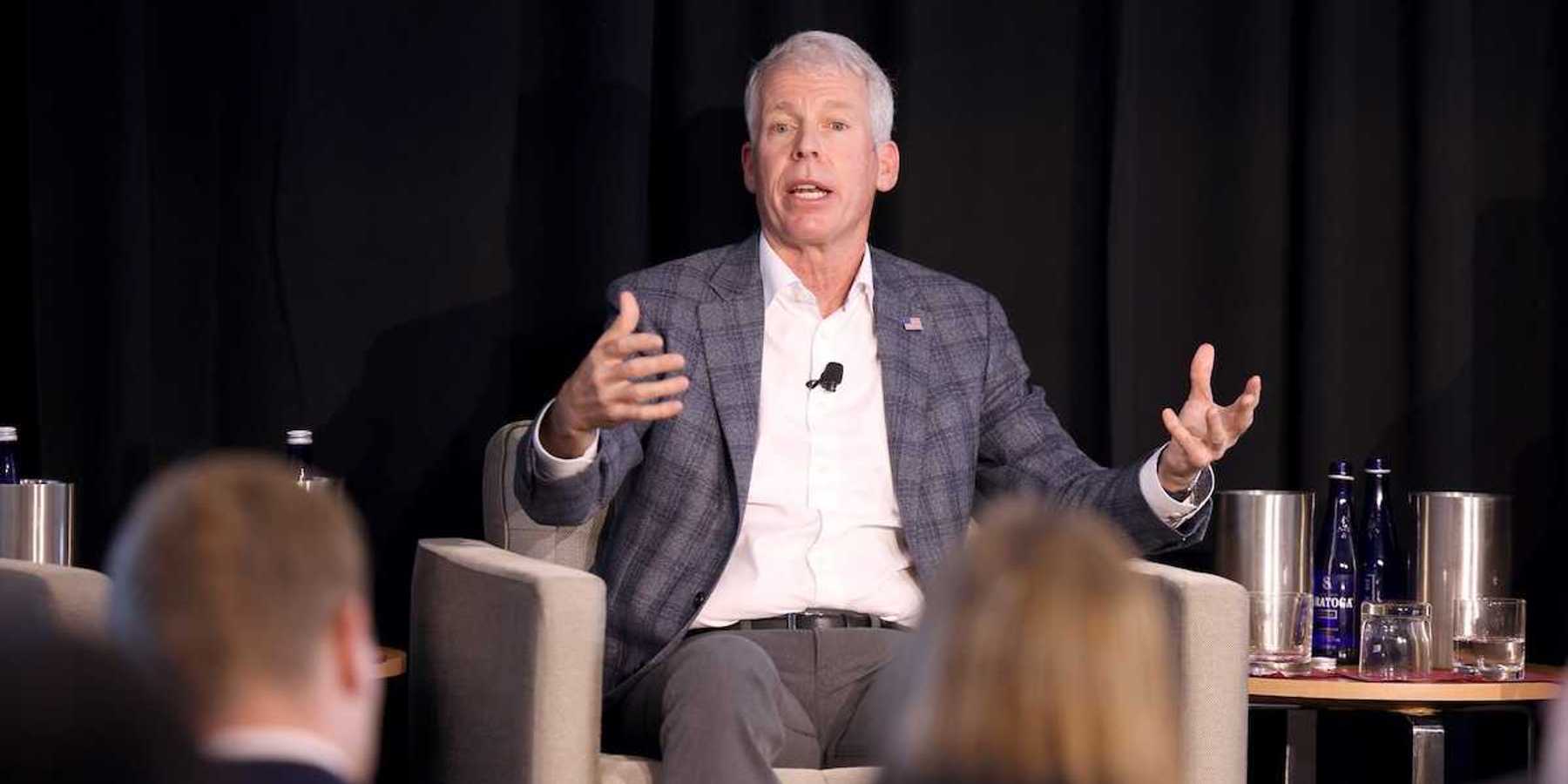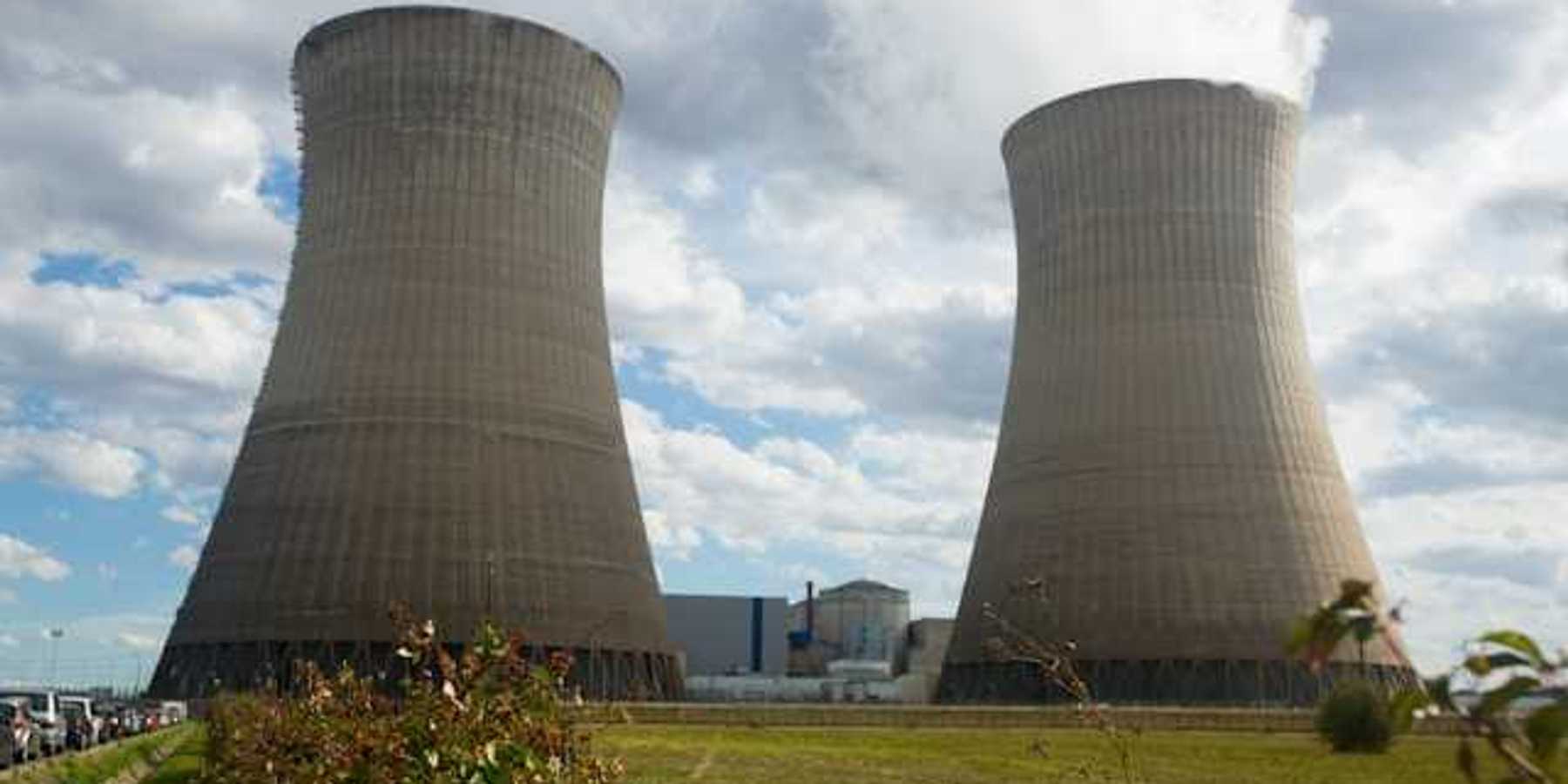heat
Schools across the US are removing asphalt to reduce heat risks
Schools are transforming asphalt playgrounds into greener spaces to combat extreme heat, which has become more dangerous as temperatures rise.
In short:
- Asphalt schoolyards magnify heat risks, with some surfaces reaching 145°F, putting children at risk of burns and heat illness.
- Efforts to green these spaces are expanding, with cities like Los Angeles and Philadelphia leading projects to add trees and reduce pavement.
- Costs and funding disparities make it harder for low-income school districts to implement these changes, despite the urgency.
Key quote:
“When you plant trees, you also get benefits for children’s well-being, for their learning, for play, for community access.”
— Sharon Danks, CEO of Green Schoolyards America
Why this matters:
Extreme heat in urban schools poses a growing danger to children, especially in low-income areas. Greening schoolyards offers a solution that improves health, safety and learning conditions.
Related EHN coverage:
Virginia farmers struggle with heat and drought during tough growing season
A combination of extreme heat and prolonged drought devastated Virginia vegetable crops this summer, forcing farmers to adjust their methods in hopes of preserving their harvests.
In short:
- Virginia vegetable farmers faced one of the driest and hottest summers on record, severely impacting crops like tomatoes, peppers, and eggplants.
- Flash droughts, intensified by climate change, quickly developed and worsened, leaving plants without sufficient moisture during key growth periods.
- Some farmers experimented with no-till farming and irrigation but found these methods insufficient without more consistent rainfall.
Key quote:
“This growing season had a drought that was combined with an incredibly long hot spell, and that was the real problem.”
— Hana Newcomb, farmer at Potomac Vegetable Farms
Why this matters:
The increasing frequency of flash droughts threatens food security by destabilizing growing seasons. Climate change is making weather patterns more unpredictable, leaving farmers vulnerable to crop failures without long-term solutions.
Texas prisons suffer with heat amid staffing shortages
Staff shortages in Texas prisons are leaving inmates without proper access to cold showers, respite, and water during extreme summer heat, sparking a lawsuit over unsafe conditions.
In short:
- Texas prisons face a 24% shortage in correctional officers, hampering efforts to mitigate extreme heat.
- Inmates often struggle to access promised respite areas, water, and cold showers due to the lack of staff.
- A pending lawsuit could require Texas to install air conditioning in all prisons, potentially costing over $1 billion.
Key quote:
“There’s no amount of respite rooms, ice water and cold showers that can keep people safe from triple digit temperatures.”
— Erica Grossman, attorney representing prison advocacy groups
Why this matters:
Texas prisons routinely face dangerous heat levels, putting the health of inmates and staff at risk. Staff shortages exacerbate this issue, raising concerns about humane treatment and potential legal repercussions.
Related:
The world endured its hottest summer with devastating impacts
This summer was the hottest on record, with severe heat, storms and rising diseases affecting every continent.
In short:
- Global temperatures rose 1.5°C above preindustrial levels, driven by climate change and El Niño.
- Deadly heat waves, wildfires and extreme weather events, including a record-breaking hurricane, hit multiple regions.
- Antarctica experienced unprecedented heat, shrinking sea ice levels and puzzling scientists.
Key quote:
“Within five to 10 years ... what we’re experiencing right now will be looked back upon as a mild year. We are inevitably in for a rough ride.”
— Johan Rockström, director of Potsdam Institute for Climate Impact Research
Why this matters:
Rising temperatures lead to more extreme weather, threatening lives, ecosystems and economies. Without urgent action to cut greenhouse gases, the situation will worsen, impacting everyone globally.
Related:
Phoenix endures unprecedented 100 consecutive days of 100-degree heat
Phoenix hit 100 degrees for the 100th straight day, shattering the previous record of 76 days in 1993 and highlighting the intensifying heat in the Southwest.
Ian Livingston, Erin Patrick O'Connor, and Naema Ahmed report for The Washington Post.
In short:
- Phoenix set a new record of 100 consecutive days over 100 degrees, surpassing the previous streak by over three weeks.
- Vulnerable groups, including outdoor workers and the unhoused, are at greater risk, with heat-related deaths on the rise.
- The city's average summer temperature has risen 8-9 degrees since the late 1800s, driven by greenhouse gas emissions and urbanization.
Key quote:
“I’ve been homeless for 10 years. I can’t do another summer out here. No way.”
— Ron Wishon, Phoenix homeless resident
Why this matters:
This extreme heat threatens public health, especially for those without adequate shelter. As urbanization and climate change intensify, cities like Phoenix could face even hotter, more dangerous summers.
Related EHN coverage:
Florida cities struggle with climate change as state policy stalls
Florida’s hottest climate and aging population are facing increasing heat-related health risks, but state policy shaped by Governor Ron DeSantis resists comprehensive action.
In short:
- Florida, the hottest state in the U.S., has no statewide plan to address heat-related health risks linked to climate change.
- Local governments and nonprofits are stepping in to fill the gaps left by state policy, though they lack sufficient resources.
- Governor DeSantis has blocked measures that address climate change, focusing instead on limited efforts to manage sea level rise.
Key quote:
“We must adapt to the warming climate, but the decisions we make right now, not addressing the root cause of the problem, is really unacceptable. You cannot adapt your way out of climate change.”
— Susan Glickman, vice president of policy and partnerships at the CLEO Institute
Why this matters:
Florida’s vulnerability to climate change endangers public health, especially for its older population. Without comprehensive state action, these risks will likely worsen, leaving local efforts insufficient to meet growing challenges.
Read more:
Heat-related illnesses surge at Trump rallies as extreme weather intensifies
More than 78 attendees at Donald Trump’s rallies have been hospitalized due to heat-related illnesses in recent months, highlighting the dangers of extreme heat at outdoor campaign events.
In short:
- Trump's rallies have seen a rise in heat-related hospitalizations, with over 78 cases in the past three months.
- Both Trump and Harris campaigns provide water and medical assistance, but they hold opposing views on climate policy.
- Extreme heat, exacerbated by climate change, poses increasing risks to outdoor events, particularly in swing states.
Key quote:
“I’m up here sweating like a dog. This is hard work.”
— Donald Trump, former U.S. president
Why this matters:
Rising temperatures, fueled by climate change, are endangering public events, making it critical to address climate policy. Outdoor rallies in swing states, crucial to presidential campaigns, are increasingly impacted by these hazardous conditions.
Related EHN coverage:









